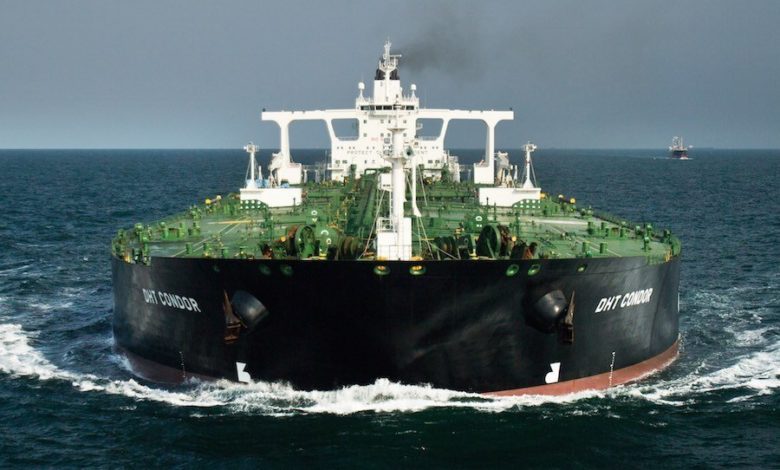Trump’s decision to nix Iranian oil waivers weighs heavily on tankers

The Trump administration yesterday announced that it will not renew exemptions granted last year to buyers of Iranian oil, including China, India, Japan, South Korea and Turkey, to strengthen its economic sanctions against Iran, in a move that could have severe repercussions for the tanker industry.
The US has demanded that buyers of Iranian oil stop purchases by May 1 or face sanctions.
According to a statement from the White House, the decision is intended to bring Iran’s oil exports to zero, denying the regime its principal source of revenue. Iran earns about $50bn annually from oil sales, accounting for as much as 40% of government revenues.
“We have had extensive and productive discussions with Saudi Arabia, the United Arab Emirates, and other major producers to ease this transition and ensure sufficient supply. This, in addition to increasing US production, underscores our confidence that energy markets will remain well supplied,” US Secretary of State Mike Pompeo said.
China, one of the largest importers of Iranian oil, slammed the announcement by the US government.
“China strongly opposes the unilateral sanctions imposed by the US,” said Chinese foreign ministry spokesperson Geng Shuang. “The Chinese government is committed to protecting the legitimate rights and interests of Chinese enterprises,” Geng added.
The uncertainties in the oil supply market raised by the US government’s decision have driven up oil prices to six-month highs. The international Brent crude oil benchmark increased to more than $74 a barrel on Monday, the highest since November, while US prices hit a peak of $65.92 a barrel, the highest since October 2018.
Commenting on the news from Washington, Ralph Leszczynski, global head of research at Banchero Costa, told Splash the Trump decision would inevitably lead to oil price rises as the Saudis had not committed to increase output to compensate for the loss of Iranian crude.
“The Saudis have limited spare production capacity, and will be probably try to test how far up they can push prices,” Leszczynski said.
The Trump decision has been made worse by the timing with sanctions on Venezuela, and the worsening security situation in Libya.
“Some countries including China will still try to continue importing somehow at least some oil from Iran, but volumes are almost certainly going to be further curtailed from current levels. Therefore, this move is likely to result in higher oil prices and lower oil trade volumes in the second half of this years, which can only be seen as negative for tanker shipping,” Leszczynski predicted.
Peter Sand, chief shipping analyst at global shipowning body BIMCO, noted that Iranian exports had already dropped sharply since the unilateral US sanctions came into force in November last year.
“It remains unclear whether a tightening of them will change much,” Sand told Splash, observing: “China and India are the main takers – Korea too, but they seem to have cut a deal to buy US oil.”

Don’t those who are taking oil from Iran now have to now go elsewhere to get it? Will they use trains, planes or ships to bring this new oil in? Seems we are forgetting as one door closes another one open’s.